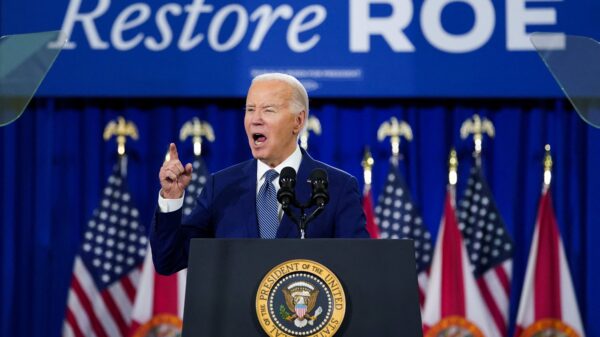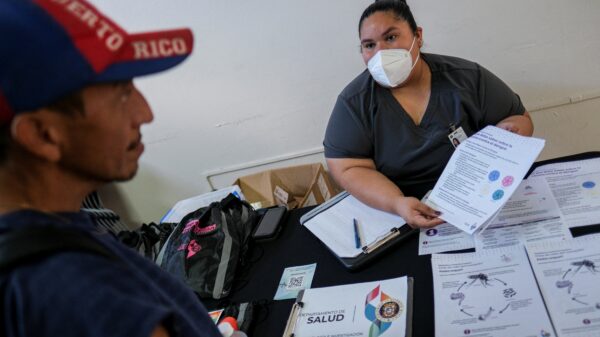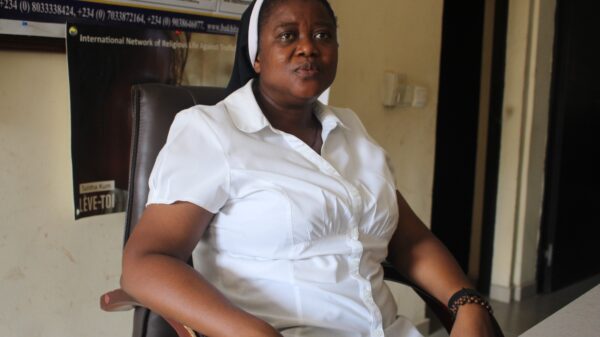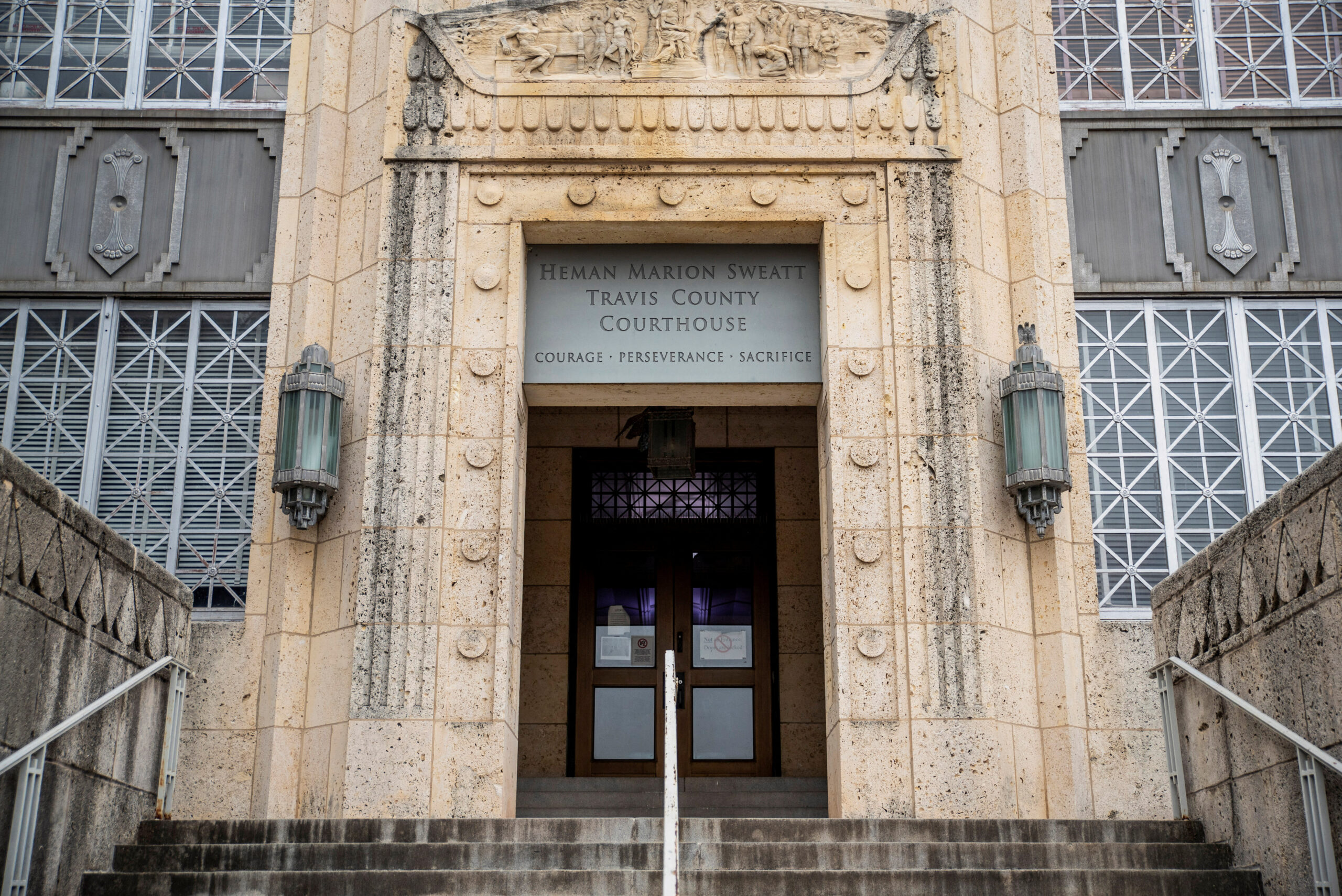(OSV News) — The Texas Supreme Court on Aug. 31 moved to allow a state law banning certain types of medical or surgical gender reassignment procedures for minors who identify as transgender to go into effect.
The law, Senate Bill 14, prohibits procedures and treatments for children in Texas “for gender transitioning, gender reassignment, or gender dysphoria and on the use of public money or public assistance to provide those procedures and treatments.”
Earlier in August, amid a legal challenge to the law, a state district judge ruled it violated the rights of transgender children and their families to receive medical care, and violated doctors’ abilities to follow “well-established, evidence-based” medical guidelines, putting them at risk of losing their license. That judge issued a temporary injunction blocking the law. However, the state’s high court lifted that injunction, allowing the law to go into effect as scheduled on Sept. 1. The justices did not offer any additional reasoning for their action in a brief, one-page order.
Supporters of prohibitions on gender transition surgeries or hormones for minors who identify as transgender say such efforts will prevent them from making irreversible decisions as children that they may later come to regret as adults. Critics of such bans argue that preventing those interventions could cause other harm to minors, such as mental health issues or physical self-harm.
In a statement, the American Civil Liberties Union of Texas called the ruling “cruel,” and argued it “places Texas’ transgender youth, and the families and medical professionals who love and care for them, directly in harm’s way.”
“The district court heard two days of testimony, weighed the evidence, and made a reasoned and thoughtful determination that the ban likely violated the Texas Constitution, and thus should be delayed while the full case plays out in court,” the statement said. “Inexplicably, the Texas Supreme Court disagreed, and transgender youth and their families are forced to confront the start of the school year fearful of what awaits them.”
“But let us be clear: The fight is far from over,” they added.
In guidance on health care policy and practices released March 20, the U.S. Conference of Catholic Bishops’ Committee on Doctrine opposed interventions that “involve the use of surgical or chemical techniques that aim to exchange the sex characteristics of a patient’s body for those of the opposite sex or for simulations thereof.”
“Any technological intervention that does not accord with the fundamental order of the human person as a unity of body and soul, including the sexual difference inscribed in the body, ultimately does not help but, rather, harms the human person,” the document stated.
Several Catholic dioceses also have begun grappling with pastoral approaches to gender dysphoria. For instance, the Diocese of Des Moines, Iowa, issued in January guidance and policies on ministering to people experiencing gender dysphoria. It called for coherence with the church’s teaching on the inseparability of gender from biological sex while emphasizing pastoral compassion for children or adults experiencing conflict between their biological sex and gender.
A 2022 study by the UCLA School of Law Williams Institute found that there are approximately 1.6 million people in the U.S. ages 13 and older who identify as transgender, with an estimated 300,000 of that population who are minors.
Kate Scanlon is a national reporter for OSV News covering Washington. Follow her on X (formerly known as Twitter) @kgscanlon.











































